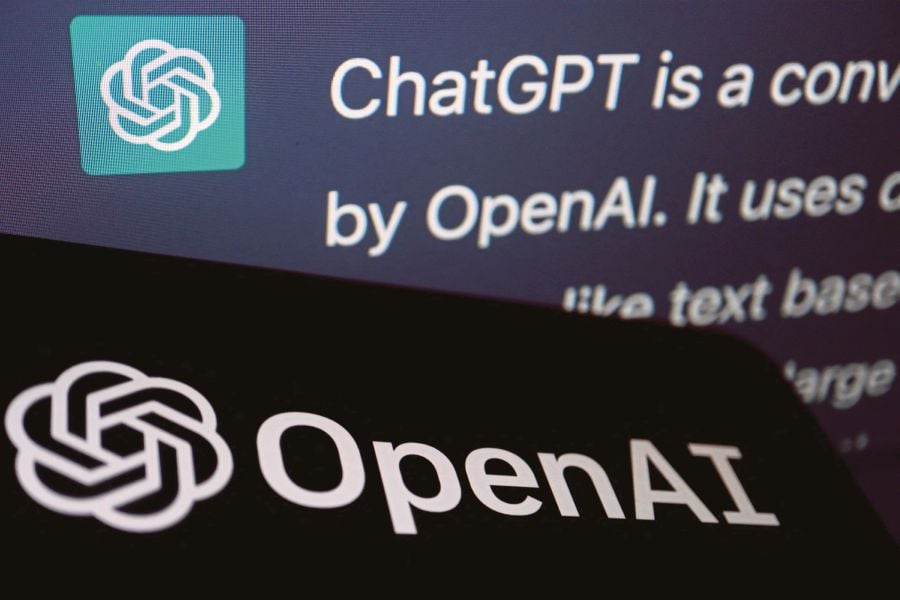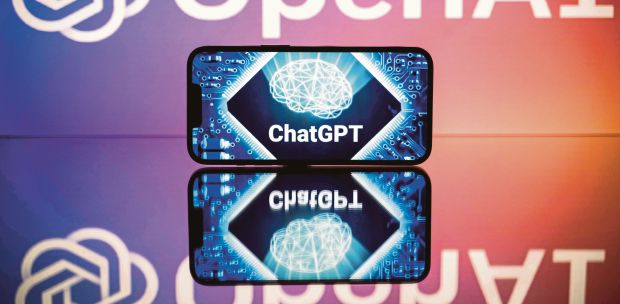LETTERS: A Deloitte study revealed that worldwide, government agencies are investing heavily in technology and artificial intelligence, and that 70 per cent of business leaders support AI-driven initiatives.
Eighty per cent of agencies are developing digital maturity and 75 per cent anticipate having at least three enterprise-wide hyperautomation initiatives by this year.
In Southeast Asia, a Kearney study found that AI adoption to be at an early stage, with 30 per cent of responding companies starting to invest in it. However, more than 70 per cent of the survey respondents perceive it as vital for the future and AI adoption needs to be sped up.
In short, AI applications can improve public services.
For example, chatbots aid citizen engagement by keeping lines of communication open and AI algorithms analyse real-time traffic data to optimise signal timings, manage congestion and enhance transport efficiency.
Automated document processing uses AI to streamline administrative tasks by sorting, categorising, extracting information, reducing manual effort and minimising errors.
In emergency response and disaster management, AI analyses patterns to predict and assess impacts, then deploys response efforts.
In healthcare, AI spans early detection, clinical decision support and facilitating services during crises like the pandemic.
The United Kingdom's National Health Service, for example, leveraged AI for its Covid-19 database, developing techniques to improve patient care.
In Malaysia, AI has reduced waiting times and AI diagnostic tools prioritise critical cases.
Recognising AI's transformative potential for propelling Malaysia to become a high-income nation, the government initiated the "AI Untuk Rakyat" programme early this year. It is an online self-learning platform to raise public awareness and build a "Digital Mindset" among Malaysians.
Subsequently, the Economy Ministry initiated the Central Database Hub (Padu) to enable AI-driven data analytics to produce a comprehensive overview of nationwide household socioeconomic data.
It is believed that Padu could ease the government's fiscal constraints, improve data sharing, eliminate overlapping programmes and enhance digital transformation.
However, scepticism around data privacy has led to reluctance to participate among the citizens, with only six million out of over 30 million Malaysians registering on Padu as of March 19, a few weeks before the March 31 deadline.
In this context, overcoming mistrust is crucial to ensure citizens embrace ethical AI implementation for societal progress.
A cohesive three-pillared approach — Education, Participatory Governance, and Celebration of Human Ingenuity — can pave the way.
First, education. This may be done by creating a comprehensive multilingual public literacy campaign to demystify AI's practical applications across sectors and ethical implications on privacy, equity and workforce.
Second, participatory governance. Allow the public to weigh in on policies around AI.
Third, we celebrate human ingenuity as AI amplifies our ability to go beyond normal human skills and talents in areas like art, caring for others, creativity and innovation.
AI elevates humanity by using machine-computing abilities to solve the unsolvable.
DR. TREESNA NADIRA JOHAR
Head of Corporate and International Uni, National Institute of Public Administration, Kuala Lumpur
The views expressed in this article are the author's own and do not necessarily reflect those of the New Straits Times





